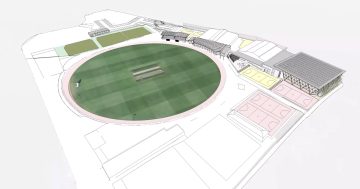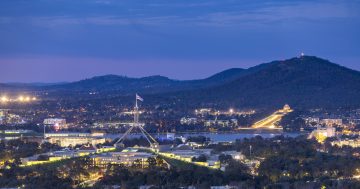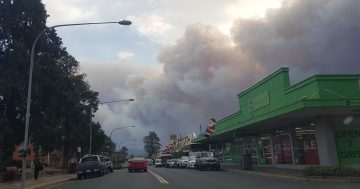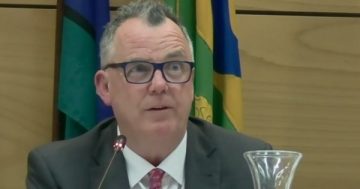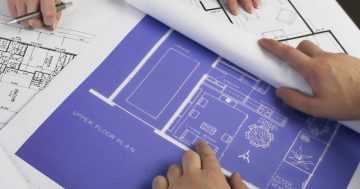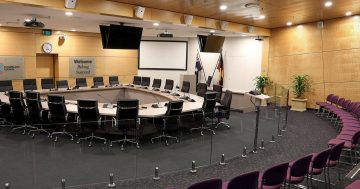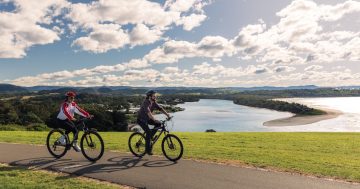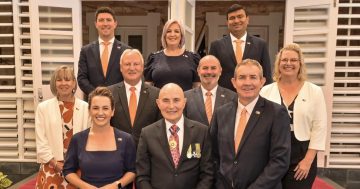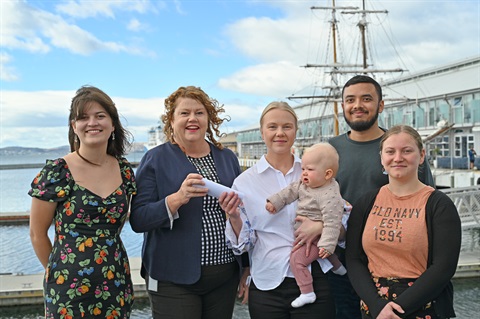
Hobart Lord Mayor Anna Reynolds (second from left) receiving the Hobart Climate Assembly recommendations from community representatives. Photo: City of Hobart.
Tasmania’s first climate assembly has been held by the city of Hobart, helping shape a broader response by council and communities to the climate and biodiversity emergency.
In a forum over four days, the assembly held in-depth briefings, discussions and exercised collaborative decision-making that resulted in 10 priority recommendations for the community to address.
Among the recommendations are developing connected, safe and green corridors for walking and cycling; the phasing out of using fossil fuels in council operations; and providing public spaces for use during extreme climate events.
Hobart’s Lord Mayor, Anna Reynolds, said climate change was the most significant issue of our generation and would impact all of our lives in some way.
“The only way to reduce the impact [of] this is for everyone to work together and cut the pollution that’s causing such rapid change to our world,” said Ms Reynolds.
“The Hobart Climate Assembly has given us the clear direction on what the community would like to see us do in Hobart, and what we can do together.
“Many climate change initiatives also have extra benefits such as reducing energy costs, creating new job opportunities, and creating cleaner air.”
Participants were selected through a widely advertised expression of interest process to represent the city’s population in terms of age, gender, cultural background and climate change knowledge.
The City of Hobart states it has committed to adapting these recommendations into its strategic planning and decision-making processes, so that it can work alongside the community in their collective effort against climate change.
Other priorities noted by the assembly include:
- Stopping the sale of offsets and giving someone else permission to pollute
- Developing a network of waterways, wetlands and blue corridors to improve irrigation and manage runoff from heavy rainfalls, reduce pollution/flooding
- Implementing fire management programs that improve biodiversity and bushland health
- Advocating for the development of a zero emissions public transport system that encourages usage through increased availability and better user experience
- Using planning, legislation and regulatory controls to reduce risk
- Assessing and improving critical infrastructure across the city to be climate ready
- And providing support and financial incentives to households, businesses and neighbourhoods to electrify and retrofit.
One community volunteer from Lenah Valley, Rahat Md Imadul Islam, said Hobart residents could all have a positive impact on climate change.
“We are short-term guests in this lovely world,” he said. “We wouldn’t like a guest who doesn’t look after a generous host.
“The assembly opened our eyes to the facts and inspired us to become better guests in a planet we call home.”


